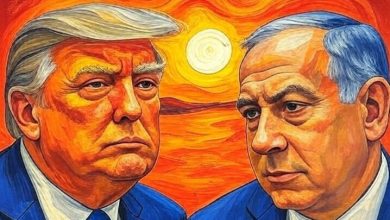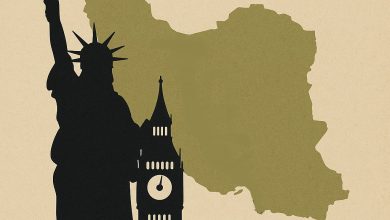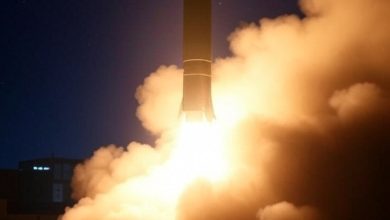Institutionalized Extremism and Its Multilevel Consequences

In recent decades, the international order has undergone a profound transformation in the geometry of power, marked by the rise of far-right movements, entrenched structural racism, and ideological fundamentalism in religious, ethnic, and political forms. These dynamics have emerged as one of the most significant transnational threats, reflected in various manifestations such as apartheid-driven policies within Israeli power structures and partisan policymaking in the U.S. Congress and the White House. The ramifications of such developments are not limited to regional politics but have complex and far-reaching effects on global political stability, security architecture, and the well-being of human societies.
When ideological extremism becomes embedded within institutional frameworks of power—leveraging tools such as monopolized media, military hardware, and proxy warfare—it evolves from a marginal discourse into a politically potent force that generates systematic violence and reproduces inequality. The structural impacts of such violence erode the social, cultural, and economic capital of affected societies and pose lasting risks to public health, psychological cohesion, and even the biological foundations of populations.
Interdisciplinary research across genetics, biopolitics, and health policy has shown that chronic exposure to stress from armed conflict, toxic environmental conditions, and trauma-induced psychological harm can lead to intergenerational epigenetic changes. This indicates that the consequences of political violence extend beyond the present generation, transmitting persistent patterns of damage through biological and psychological pathways. In Foucauldian terms, biopower mechanisms in this context serve to control not just individual bodies but also populations and their productive-biological capacities.
In crisis-stricken environments such as Palestine, Syria, Yemen, and Gaza, the fusion of structural inequality, destruction of vital infrastructure, political isolation, and the strategic deployment of violence has escalated these crises beyond mere security threats, transforming them into chronic public health emergencies, psychosomatic disorders, and increasing genetic anomalies. In such cases, the responsibility of international institutions—especially the United Nations Security Council—must be reconsidered not merely through the lens of power equilibrium but within an ethical framework rooted in intergenerational justice.
The silence or inaction of these bodies in the face of structural violence contributes to legitimizing neo-fascist discourses within global power structures and accelerates the erosion of international human rights norms, the right to self-determination, and the rule of law. The resurgence of radical nationalist rhetoric, the curtailment of minority rights, and the securitization of migration are among the most prominent indicators of this discursive shift in contemporary politics.
Strategically, one of the most viable solutions for mitigating protracted tensions in the Middle East—particularly in the Israeli-Palestinian conflict—is the implementation of a two-state model based on internationally recognized borders, under the legal and operational oversight of the United Nations. This approach could not only foster sustainable peace in the region but also serve as a replicable model for resolving other ideological conflicts in volatile parts of the world.
Given the deep and intergenerational consequences of current structural crises, the proactive engagement of non-state actors, academic communities, civil society organizations, and independent media in rebuilding a global political discourse centered on peace, justice, and human biopolitical rights is not only an ethical imperative but a prerequisite for the continued viability of human civilization. Neglecting these dimensions may pave the way for the reproduction of new forms of violence, domination, and social collapse in the unfolding trajectory of contemporary history.





